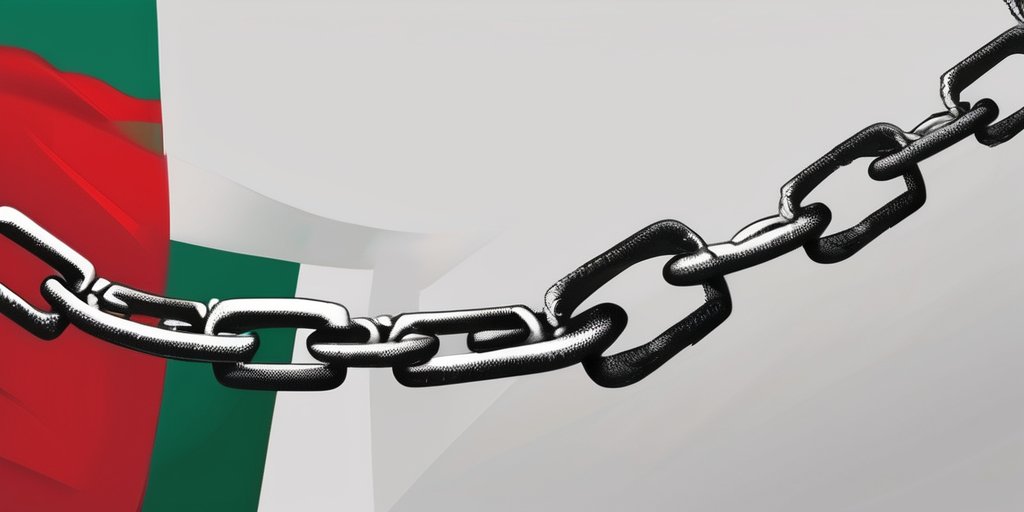In a surprising turn of events, Sergei Tikhanovsky, the husband of Belarusian opposition leader Svetlana Tikhanovskaya, has been released from prison, marking a significant moment in the ongoing struggle for political reform in Belarus. This unexpected release coincides with the visit of US special envoy Keith Kellogg to Minsk, where he met with President Alexander Lukashenko. Tikhanovskaya’s husband is now in Lithuania, happily reunited with his wife who has been living in exile since the controversial elections of August 2020, where she claimed victory over Lukashenko in an election widely acknowledged as rigged.
The release is part of a broader wave of freedom for political prisoners in Belarus, with reports indicating that at least ten prisoners were set free, including former RFE journalist Ihar Karnei. In a heartfelt message on social media, Tikhanovskaya expressed her joy over her husband’s freedom, stating, “My husband … is free! It’s hard to describe the joy in my heart.” She went further to thank Donald Trump, Kellogg, and all European allies for their persistent advocacy for political reform and the release of prisoners.
Despite this positive development, the fight for democracy in Belarus continues, as Tikhanovskaya emphasized the urgent need for the release of all political prisoners. Currently, there are still around 1,150 individuals imprisoned for their political beliefs, as highlighted by her office. The Lithuanian foreign minister confirmed the safe arrival and care of the released prisoners in Lithuania, a significant gesture of support from a neighboring country.
Tikhanovskaya emerged as a prominent opposition figure in 2020 after her husband was jailed, and since then, she has been a fierce advocate for the rights of Belarusians under Lukashenko’s regime—the longest-serving leader in Europe since 1994. This moment of freedom for Tikhanovsky and others marks a critical chapter in the ongoing discourse surrounding human rights and democracy in Belarus, with international figures like Trump playing a role in bringing attention to the plight of political prisoners.
